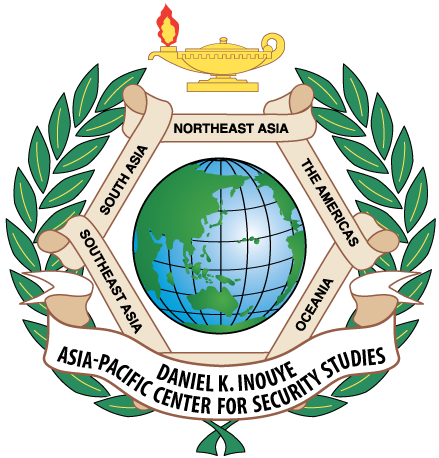New Courses
Contact Info
1600 Amphitheatre Parkway New York WC1 1BA
Phone: 1.800.458.556 / 1.800.532.2112
Fax: 458 761-9562
Email: info@your-domain.com
Web: ThemeFusion











Since 1995, DKI APCSS has advanced regional stability by educating leaders, building connections, and empowering change-makers. As a trusted forum, the center brings together Indo-Pacific security professionals to address challenges and drive practical solutions aligned with DoD priorities.
Showcasing the latest news on our programs, courses, publications, and events supporting regional security by connecting and empowering the U.S., allies, and Partners.
A free, open access, international, peer-reviewed, online publication for DKI APCSS faculty and alumni.
Dialogue convenes top experts to explore the Indo-Pacific’s security challenges, offering insights and solutions.
The initial point of contact for representatives who are selected to attend DKI APCSS courses.
The Alumni Program provides a forum for former graduates and faculty to maintain contact with the Center and with each other.
Upcoming DKI APCSS Events and Courses.
A great resource to Fellows and Alumni.
We nurture future public service leaders through hands-on experience, skill development, and government engagement.
1600 Amphitheatre Parkway New York WC1 1BA
Phone: 1.800.458.556 / 1.800.532.2112
Fax: 458 761-9562
Email: info@your-domain.com
Web: ThemeFusion